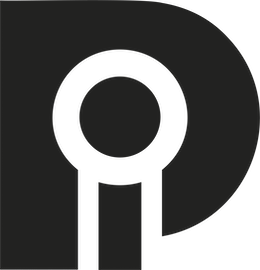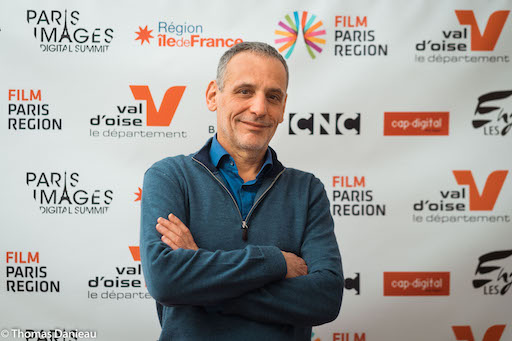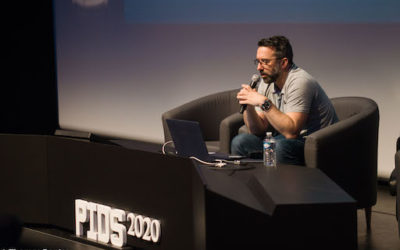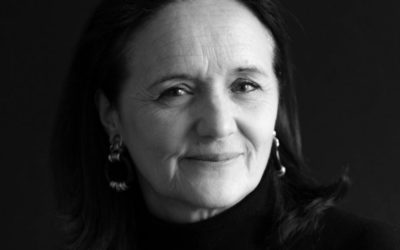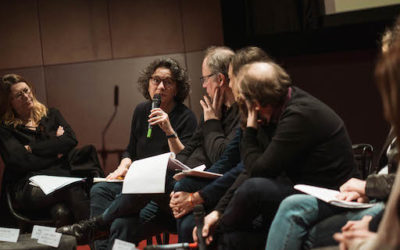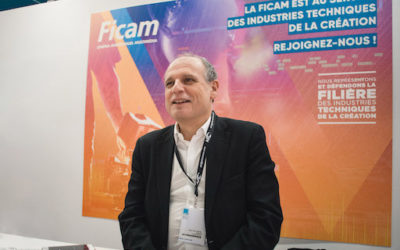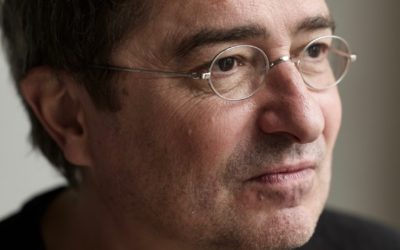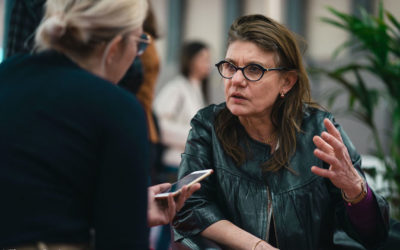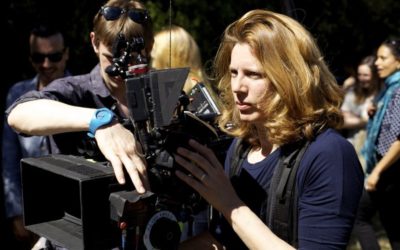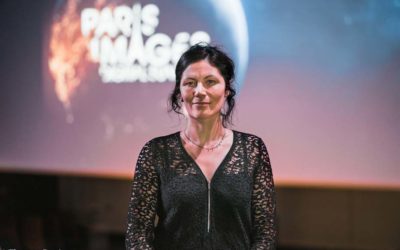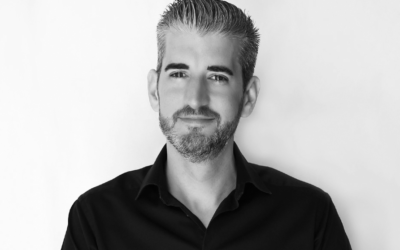Olivier Emery, founder of Trimaran
Olivier Emery, the recipient of an Honorary Genie Award speaks to us about the evolution of the industry since the 1980s.
How does it feel to receive an Honorary Genie ?
It’s a bit exceptional, you only get it once ! I’m moved, of course, because it means that the French visual effects community recognizes a little bit the work I’ve done over the last thirty years. I’ve been in the business for a long time, first in computer graphics and then in visual effects. I’ve done, I think, a lot of different and varied things and I’ve put a lot of effort into it.
So to have this recognition, it’s always something rather pleasant. I’m very happy to receive this award at an event that I appreciate and in which I’ve often been a speaker. Then it is also in the wake of people like Pierre Buffin, Jacques Bled and Rodolphe Chabrier with whom I worked at the beginning of my career in 3D. We did a lot of things together, so the fact that we are all rewarded is great for this small community which had started with small means at the time.
How would you describe the evolution of VFX since the beginning of your career ?
There was the 80’s, when it was just computer graphics work, really laborious, complex. At the time, I was mainly working with software, I had developed the Imagix 3D software. That’s how I worked with Mac Guff and Buf, since they were users of the software I developped. They have used it for several years, so at the beginning it was very collaborative. Then, the 90’s. I started Trimaran at the beginning of 1991, so we broke the links with them a bit, since Imagix was finished and Trimaran had more ambition to produce CG with other applications as well. Then the VFX started in the mid-1990s in advertising. It was a rather active period in advertising and not at all yet in fiction, neither cinema nor TV.
Then it’s rather at the beginning of the 2000s that VFX really appeared for fiction, at least for us at Trimaran. We were more particularly specialized in series and little in cinema, which was an original positioning compared to other studios.
Today, we are seeing a bit of an explosion of VFXs in cinema and in international series all over the world, with unfortunately a somewhat sluggish French market, which is not very dynamic.
But in the last two years, there have been real positive changes. It’s a dynamic of collaborative help to try to do things together, to develop the business all together. And this through two things: there is the French section of the VES, which dates back two or three years, and then the union, the VFX providers, where there are 10 studios presented in FranceVFX. It’s relatively new. We had a difficult start, but recently, since last summer, we started again, with a new office, a new management, and it’s being set up really well, with the objective that basically we realize that it’s not on the French market that we’re going to give credibility to our companies. We have to be able to give credibility to the French offer internationally and make sure that all the studios work for major international productions, first and foremost Hollywood. I am very much involved in this because we need to go beyond our borders. Because there are no big film projects, there are no big TV projects in France. We’re all fighting in a small market. It’s not very favourable in terms of business, it brings prices down and in the end it’s the client who benefits. And we don’t do very well in exchange.
So you’re keeping this audiovisual rather than cinema focus at Trimaran ?
Yes, because we are well introduced in the world of the series. It’s our natural environment in France. In any case, the trend, and it’s something we feel with all the other providers, all our colleagues, all our partners at FranceVFX, is that the work is coming back. Last year, we made the film Blood Machines, which was a big job in terms of time and investment, with a large team. And then, we made TV movies, mini-series, not big things in fact, which are finally not so exciting things. But it makes the company work. Finally, at Trimaran, we always have activity in another field, in sports. It’s not VFX but it represents half of the company’s turnover so it’s important in terms of volume.
Autres articles
Laurens Ehrmann, superviseur VFX
Winner of a Genie Award for the best visual effects, Laurens Ehrmann gives us...
Anne Seibel, Chef décoratrice
On the occasion of l'Industrie du rêve and the screening of a documentary about...
Femme à la caméra
On the occasion of the Micro Salon, the cinematographer tells us about the...
Jean-Yves Mirski, délégué général de la FICAM
Jean-Yves Mirski, the CEO of the FICAM spokes about the RSE charter. On the...
Isabelle Manquillet monteuse
On the occasion of L'industrie du rêve, Isabelle Manquillet told us about her...
Eric Gautier, directeur de la photographie
Eric Gautier, cinematographer tells us about his job and about working with a...
Valérie Nouvel, location scout
Valérie Novel, the location scout tells us a little more about her work, at the...
Claire Mathon, chief operator
Claire Mathon, the chief operator of Portrait of the Lady on Fire and Atlantic...
Margaux Durand-Rival, previs supervisor
Together with the company she is a partner of, Les Androïds Associés, they...
Chris Edwards le GENIE d’honneur du PIDS 2020
Après Dennis Muren, Joe Letteri, Phil Tippett et John Knoll, Chris Edwards,...
